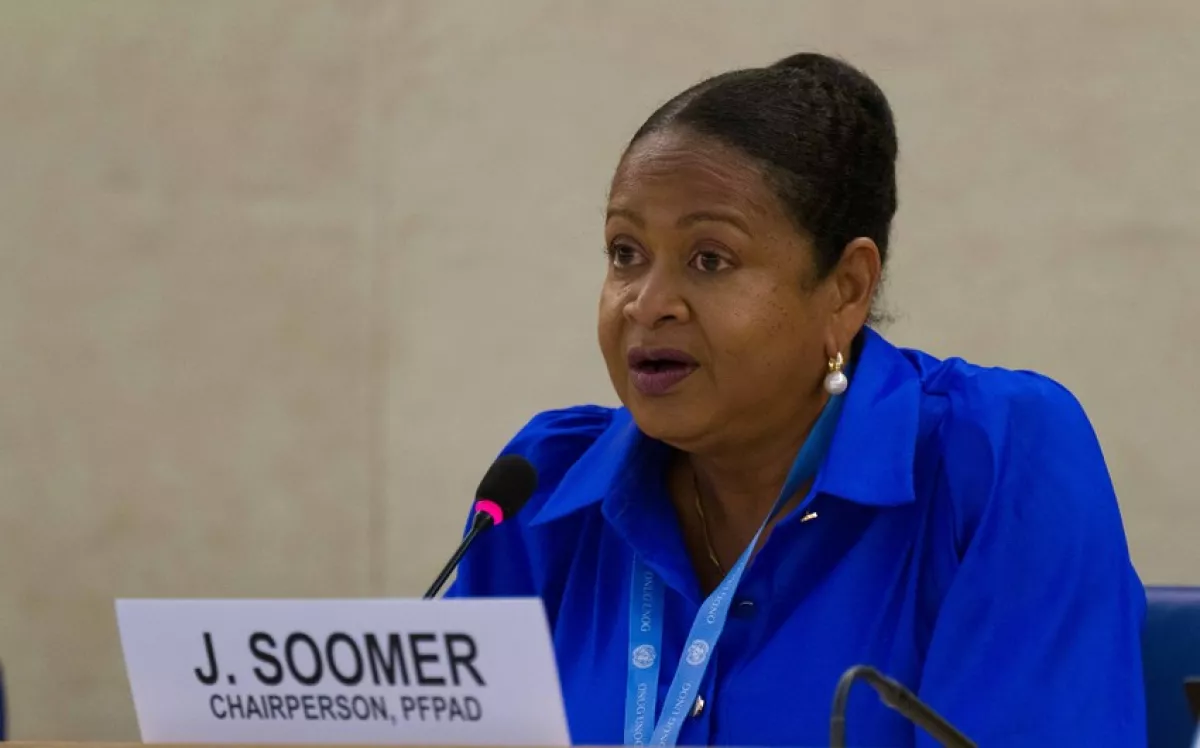Baku conference calls for science-driven fight against colonialism
The goal of the fight against colonialism is to build a just and equal future, said Abbas Abbasov, Executive Director of the Baku Initiative Group (BIG).
At the international academic conference "Imperial Structure: Colonial Ideologies and Realities" currently being held in Baku, Abbasov noted that the conference stands out for its scholarly approaches to colonialism and its assessment through the lens of international organisations, Caliber.Az reports, citing local media.
"Over the past two years, we have organised around 14 international events dedicated to colonialism. We firmly believe that any form of modern colonialism—whether direct or indirect—must be eliminated through serious international legal mechanisms and multilateral cooperation. This conference aims to deepen the understanding of how colonial ideologies were constructed, institutionalised, and justified," he said.

The conference further heard remarks from June Christine Marie Soomer, a member of the United Nations Permanent Forum on People of African Descent, who favoured relying on scientifically grounded approaches and critical analysis to overcome the consequences of colonial policy in the modern world, it is essential.
She emphasised that science must be at the core of dismantling empires and colonialism.
Drawing on historical facts, she noted that science is a powerful weapon.
"Historically, science has often been used as a tool that facilitated exploitation — through it, knowledge was extracted from colonized peoples and then interpreted within a framework of superiority and inferiority. Exploitation also took the form of appropriating the intellectual achievements and stolen innovations of enslaved peoples in the Caribbean, of Indigenous peoples in the Americas, and in many other parts of the world. And I must emphasize: it is precisely this systemic exploitation and destruction that prevented colonized peoples from realizing their innovative potential. This is one of the harsh realities we still face today," she said.
June Soomer stressed that now is the time to use science to fully unlock the potential of current and former colonial territories.
Background
Colonialism, broadly defined as the domination and exploitation of one nation or people by another, has shaped global political, economic, and social structures for centuries. From the European imperial conquests of Africa, Asia, and the Americas to the imposition of settler colonial regimes, the colonial enterprise was built on systems of racial hierarchy, resource extraction, and cultural erasure.
By the mid-20th century, waves of independence movements led to the formal dismantling of many colonial empires. However, the legacies of colonialism—such as underdevelopment, structural inequality, cultural marginalisation, and geopolitical dependency—persist in many parts of the world. These aftereffects are often referred to as “neo-colonialism”, where former imperial powers and multinational institutions continue to exert influence through economic, political, and cultural mechanisms.
Azerbaijan, which hosts the Baku Initiative Group (BIG), has positioned itself as a vocal supporter of anti-colonial discourse, particularly in the context of its post-Soviet experience and broader solidarity with nations affected by colonialism. Through initiatives like the Baku conference series, BIG aims to foster global dialogue on the systemic roots of colonialism and promote international legal and academic frameworks for achieving genuine decolonisation.
By Khagan Isayev








